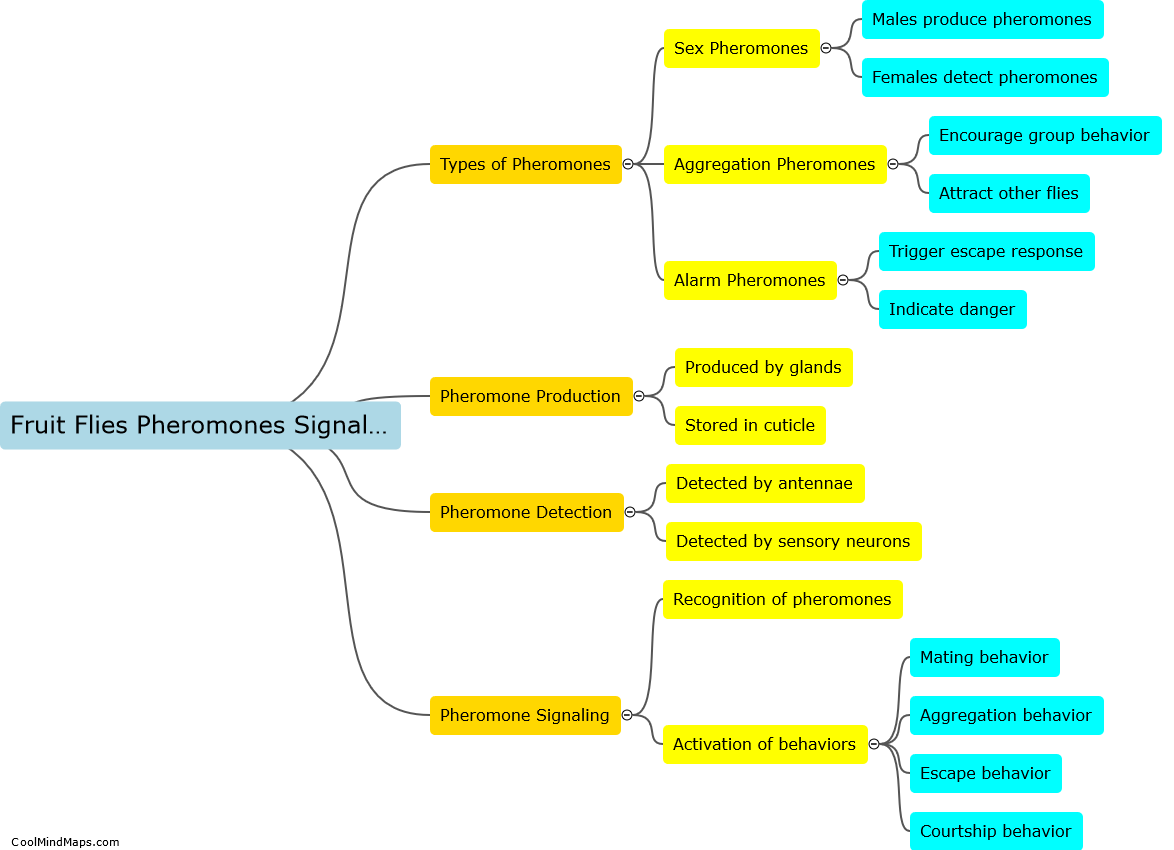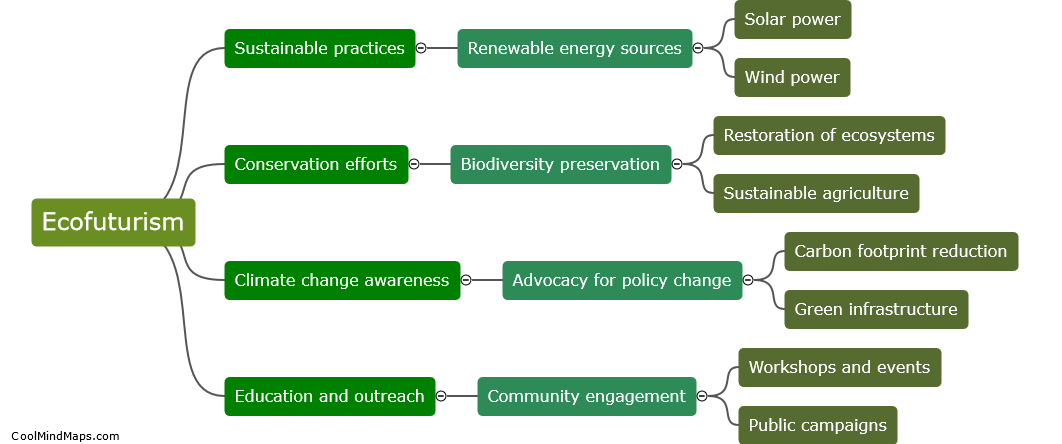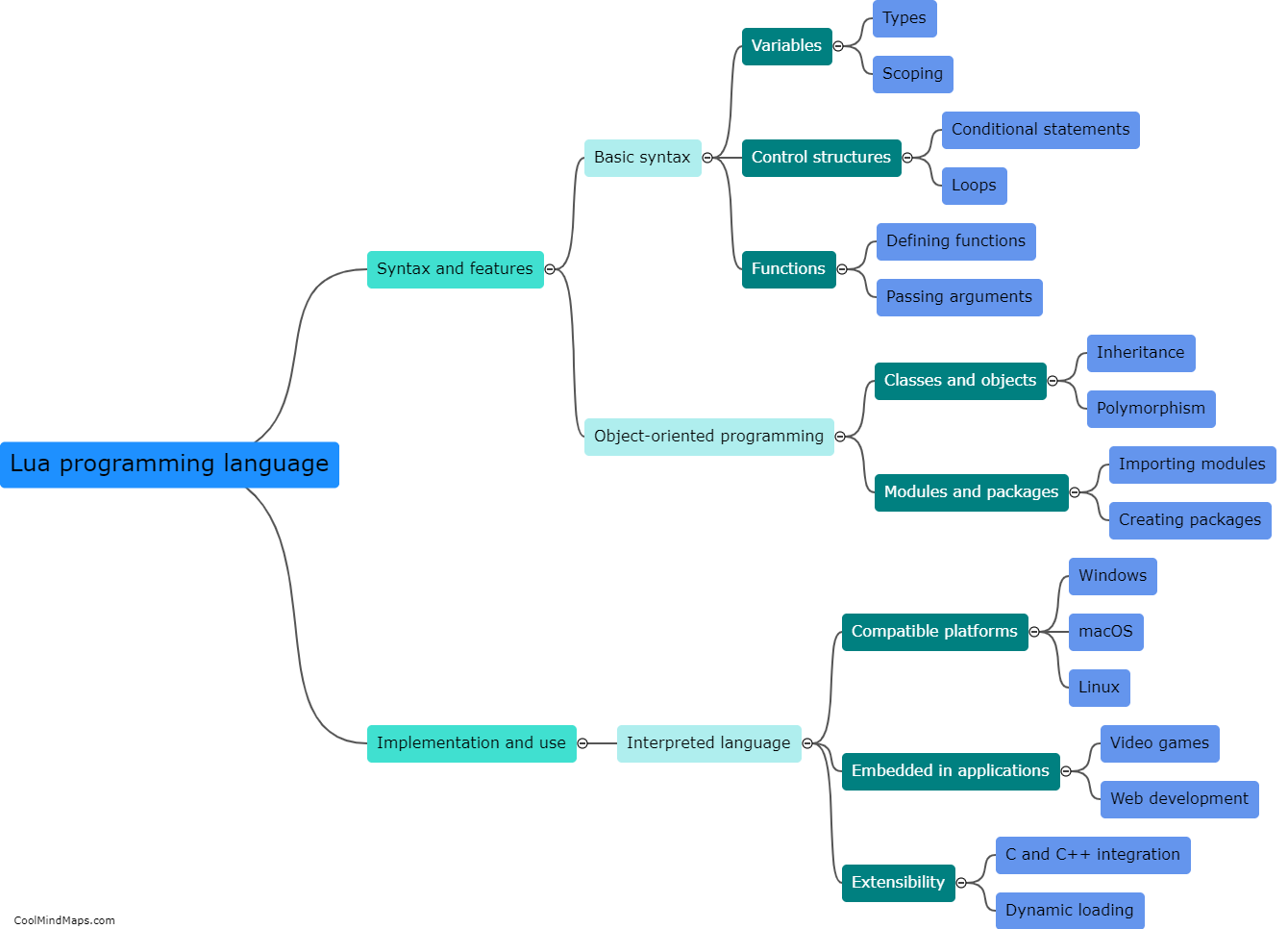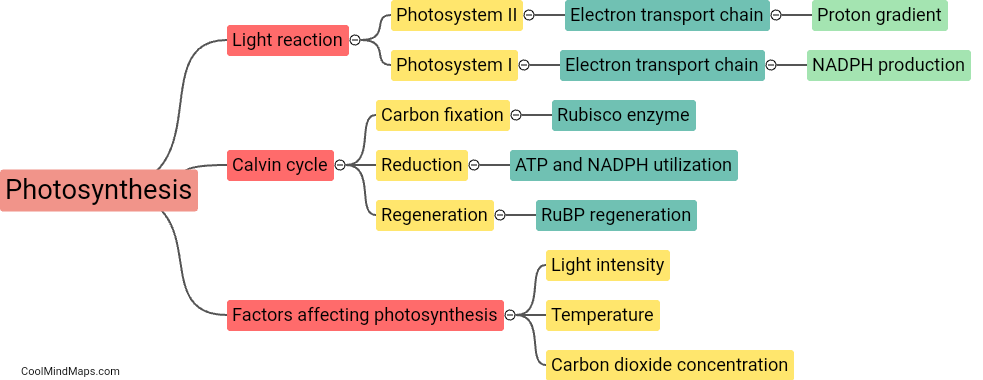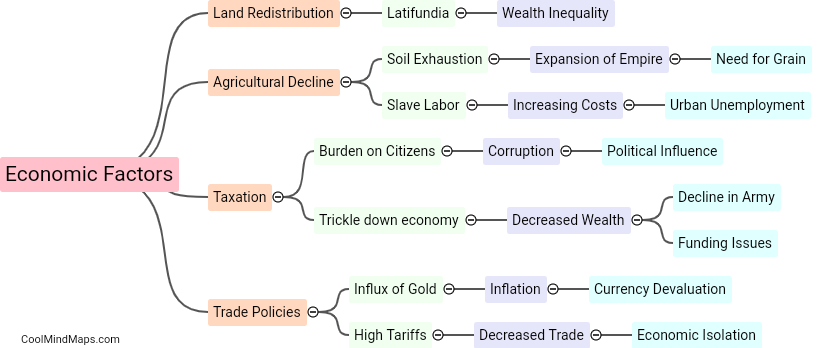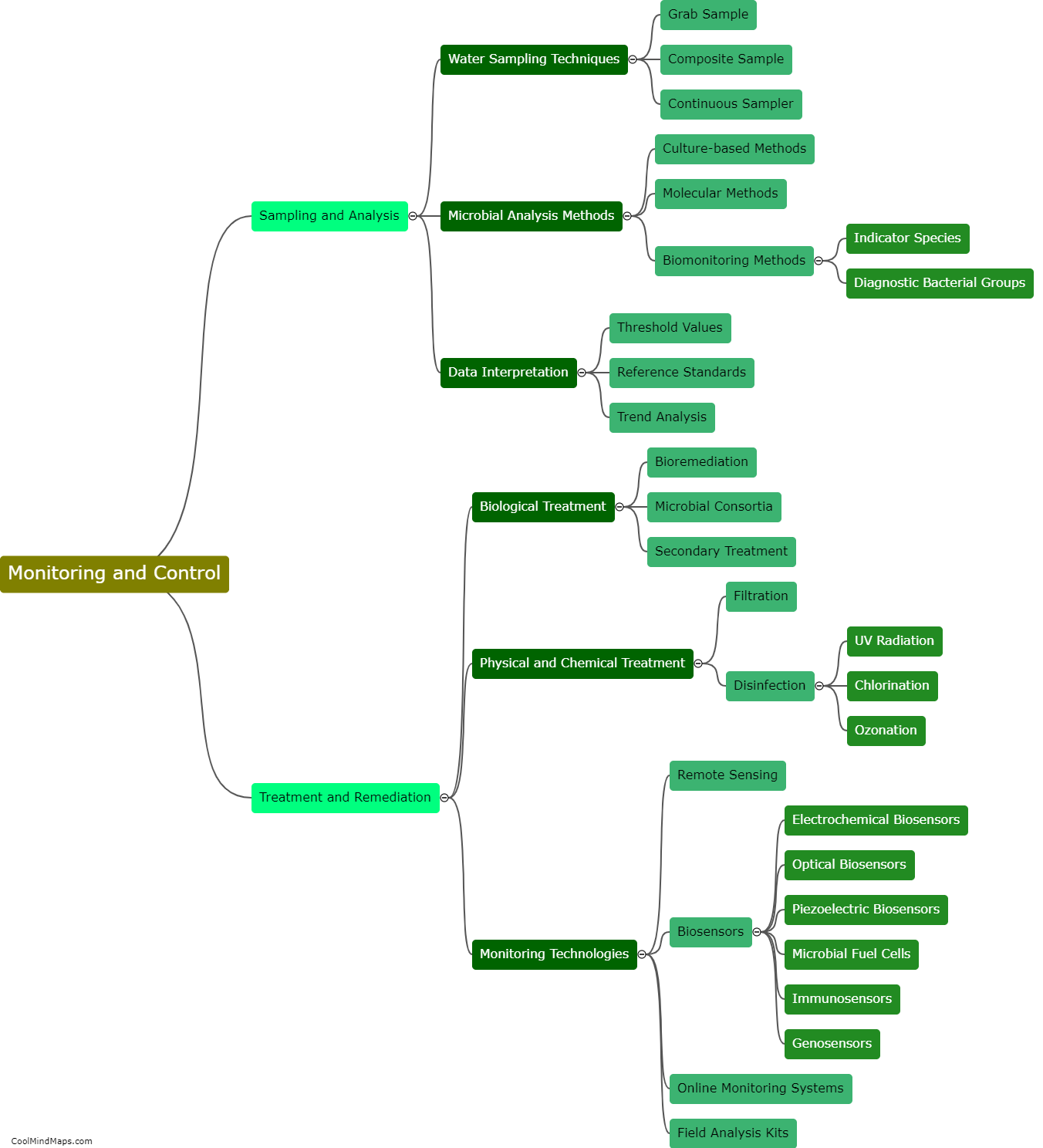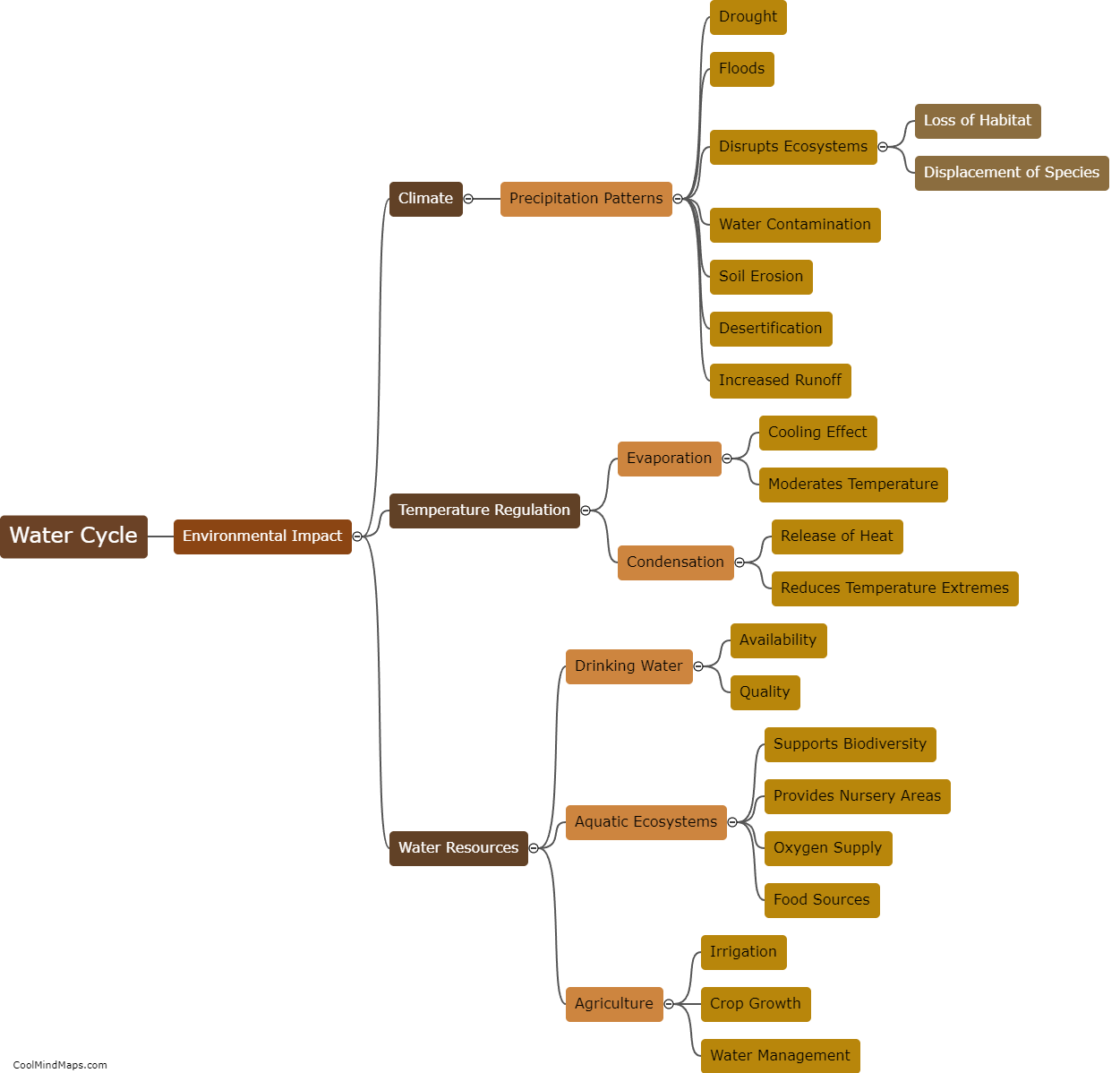How did the economic crisis impact the Weimar Republic?
The economic crisis had a devastating impact on the Weimar Republic, leading to political instability and social unrest. The Weimar Republic was already struggling to recover from the aftermath of World War I and the Treaty of Versailles, which imposed significant economic burdens on Germany. However, the economic crisis, which began with the Wall Street Crash in 1929, exacerbated the already fragile economic situation.
The crisis led to widespread unemployment, inflation, and a collapse of the banking system, severely undermining the Republic's ability to govern effectively. The German currency, the Reichsmark, rapidly lost its value, causing prices to soar and making it increasingly difficult for average citizens to afford basic necessities. People lost confidence in the government and turned towards extremist parties as they sought solutions to the economic hardships.
As unemployment increased, social tensions grew, and political polarization deepened. The government implemented austerity measures and cut social welfare programs, further aggravating popular dissatisfaction. This created fertile ground for extremist ideologies such as Nazism, which promised to restore Germany's economy and national pride.
Ultimately, the economic crisis weakened democratic institutions and paved the way for the rise of Adolf Hitler and the Nazi Party in the early 1930s. The Weimar Republic's inability to effectively address the economic turmoil contributed to a loss of trust in democracy and set the stage for the erosion of civil liberties. The economic crisis, therefore, played a significant role in undermining the stability of the Weimar Republic and contributing to its eventual collapse.
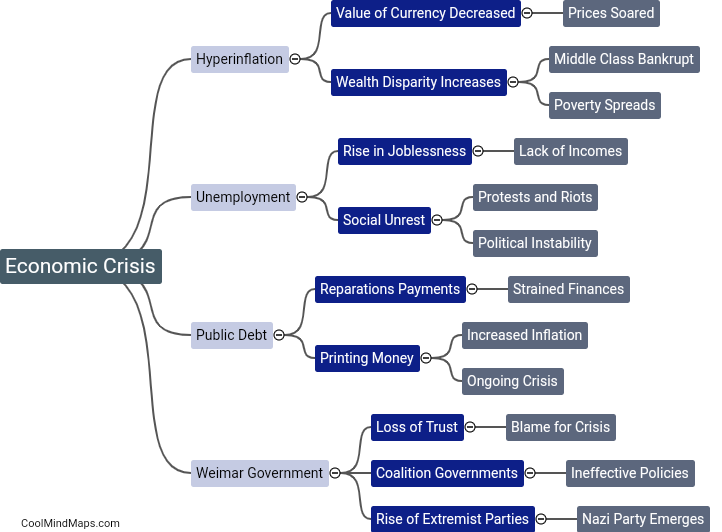
This mind map was published on 9 September 2023 and has been viewed 112 times.
